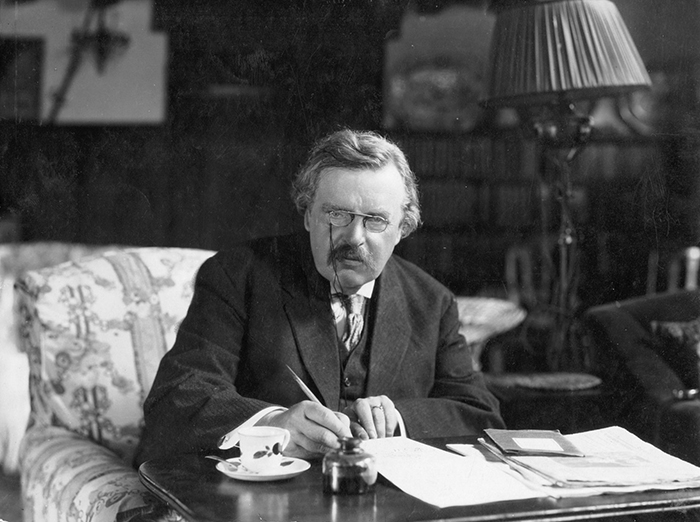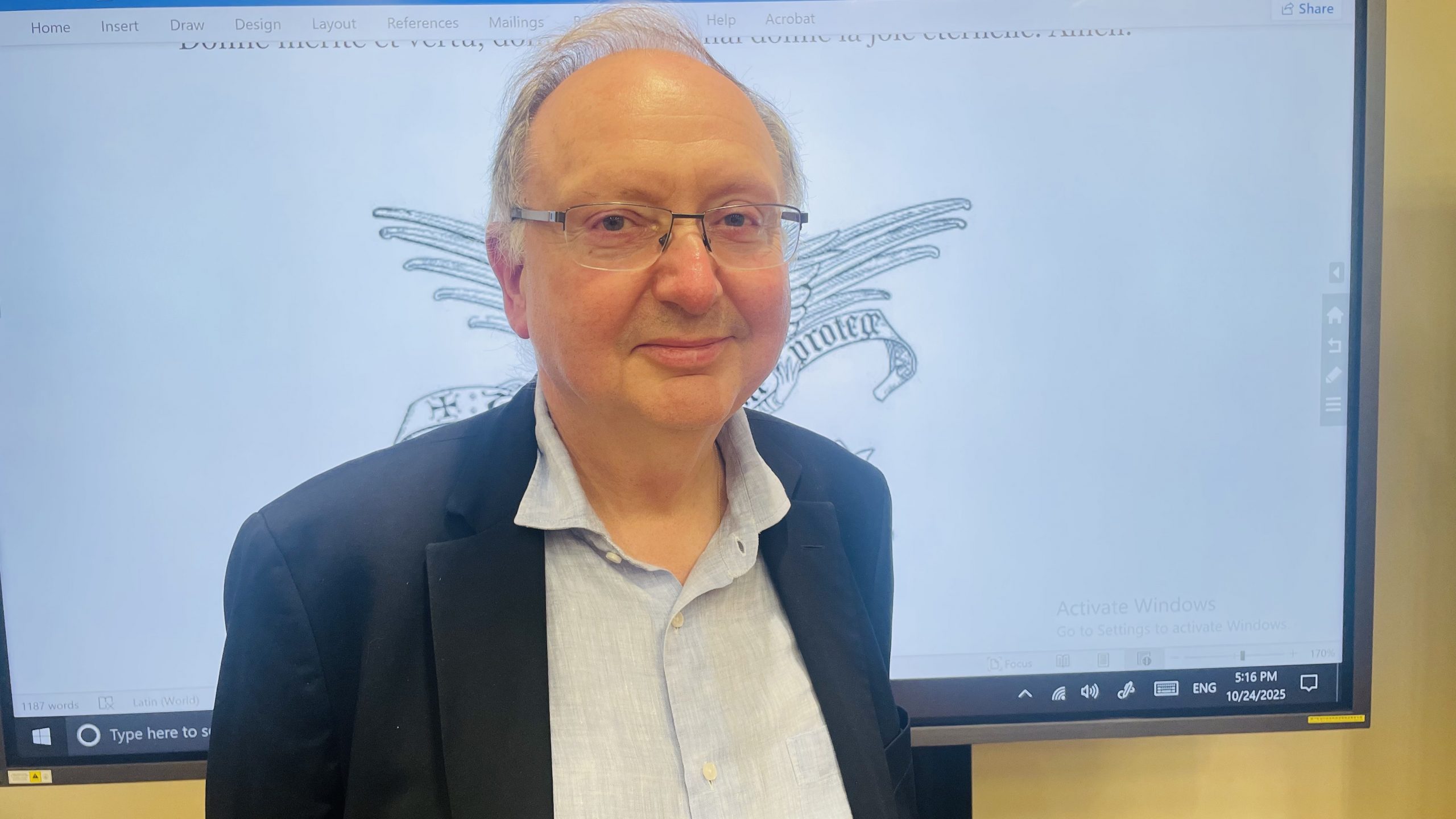Robaird O’Cearbhaill
Hong Kong Correspondent
After the author’s death, there was much acclaim. Pope Pius XI sent telegrams (through Cardinal Pacelli, who would later become Pope Pius XII) to Chesterton’s wife and Cardinal Hinsley, head of the Catholic Church of England which was read out at his requiem at London’s Westminster Cathedral. “Holy Father deeply grieved death Mr Gilbert Keith Chesterton devoted son Holy Church gifted Defender of the Catholic Faith. His Holiness offers paternal sympathy.”
The leading British Catholic newspaper The Tablet honored the author with six pages in their obituary and a page on his funeral. On page 1: “The death of G.K Chesterton has come as a heavy blow to the Catholics of Great Britain…much of this edition of The Tablet is devoted to his memory and an appreciation of his influence.”
Those who penned the obituaries included one of the greatest poets in English literature after Shakespeare, T.S. ELiot, who won a Nobel Prize for literature. He was a frequent collaborator with Chesterton. There were also Hilaire Belloc, another poet, Alfred Noyes, the politician and England’s Solicitor-General, Sir Henry Slesser as well as two senior Catholics, a Benedictine abbot and a Jesuit scholar.
Chesterton was an extremely hard working, dedicated, and bountiful writer. His voluminous work, 80 books 200 short stories, 4000 essays (mostly newspaper columns). As T.S. Eliot said in the essays on his poetry : “His poetry was first-rate journalistic balladry. His book on (famous 19th century novelist) Dickens seems to me to be the best essay on that author…ever written…his essays can be read and read again…his essay-writing…one can only say that it is remarkable to have maintained such a high average with so large an output.”
Chesterton’s most best well-known works were his Father Brown books (priest detective stories), his popular BBC shows, a spy novel and his two influential theology books on Christian apologetics: Orthodoxy (1908), written fourteen years before he converted to Catholicism, and The Everlasting Man (1925), about Christianity being part of Western civilization.
While Chesterton was a very serious man, we should never forget he was a lifelong humorist who could joke spontaneously. A writer of literary weight he was also that too physically: 1.93 meters tall and rotund at 130kgs. Chatting with the great ironical dramatist, George Bernard Shaw, he said: “To look at you, anyone would think a famine had hit England.” Shaw replied: “To look at you, anyone would think you caused it.” (as published in Cornelius Judson’s book Literary Humour).
At another occasion in London, he was asked why he was not “out at the Front” he replied, “If you go round to the side, you will see that I am,” according to A.N. Wilson’s biography of Hilaire Belloc.


 Follow
Follow


